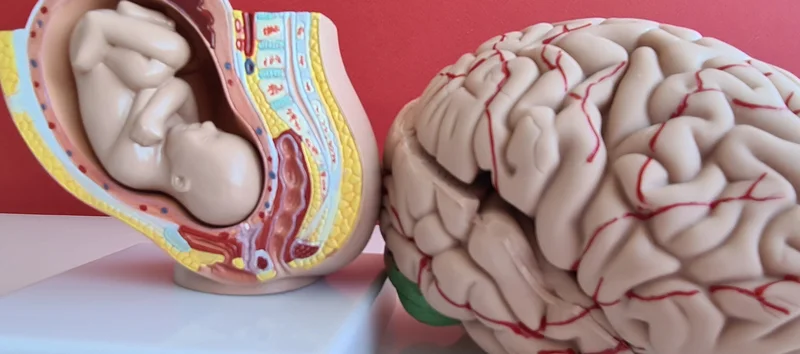
If you suspect you might have alcohol intolerance, you will need a what does alcohol intolerance mean doctor to obtain a diagnosis. There are several testing methods your doctor will use to help confirm the diagnosis. Skin tests can determine if you have an allergy to specific components found in alcoholic beverages and are used to rule out the possibility of an alcohol allergy. Once alcohol allergy has been ruled out, the diagnosis for alcohol intolerance is typically based on your reported symptoms and a detailed medical history. This condition is primarily due to the body’s inability to metabolize or break down alcohol properly.

Is alcohol intolerance a sign of liver damage?

Mocktails, crafted from fresh juices and aromatic herbs, can be just as enjoyable as their alcoholic counterparts. When someone with alcohol intolerance drinks, they can develop immediate or near-immediate symptoms such as facial flushing, nausea or an elevated heart rate. Because of this, people living with alcohol intolerance often either avoid drinking altogether or risk unpleasant and potentially harmful side effects. Recognizing and understanding alcohol intolerance can help you make informed decisions about drinking and seek appropriate care if needed. True alcohol intolerance is a genetic trait that is commonly found among people of Asian descent.

What Is Alcohol Sensitivity?
It’s the body’s way of signaling that it’s struggling to process alcohol. So while the alcohol-induced blush might seem like a mere cosmetic concern, it’s a window into the body’s internal processes and potential health risks. If you have alcohol intolerance and are not going to stop drinking, the less alcohol you use, the better your alcohol intolerance will be. Because it is caused by your body’s inability to process alcohol correctly, drinking slowly and giving yourself time between each drink can lessen its severity. Drinking when you have alcohol intolerance does increase your risk of cancer, and you should consider trying to completely stop drinking alcohol instead of just moderating it. Your doctor can give you medications to lessen the symptoms of alcohol intolerance, such as anti-inflammatory medicines for pain.
- Dr. Sony is known for her medical articles, written with in-depth detail and accuracy owing to her vast medical knowledge and thorough research of each article.
- Your healthcare provider can recommend ways to limit unpleasant symptoms.
- At FHE Health, we’re here to help anyone dealing with substance abuse issues, as well as a wide range of mental health conditions.
- In addition, people with alcohol intolerance have a higher risk of certain cancers like throat cancer and Alzheimer’s disease if they drink.
- Instead, it usually stems from a deficiency or malfunction in enzymes responsible for breaking down alcohol in the body.
- Repeated alcohol use causes the liver to become more “efficient” at eliminating alcohol from the body.
Medical Interventions for Sudden Alcohol Intolerance

Reframe provides you with the necessary knowledge and tools to not only decrease your alcohol consumption, but to flourish throughout the process. The beauty of this awareness is that it empowers us to make choices that enhance our well-being, while still cherishing those festive, celebratory moments. It’s all about celebrating life in a way https://ecosoberhouse.com/ that resonates with our truest selves.
Alcohol intolerance and allergies: Symptoms & causes

When ADH levels drop, as they often do with age, alcohol lingers in your bloodstream longer. This can make Alcohol Use Disorder the toxic effects of alcohol stronger and last longer, even if you’re drinking the same amount you always have. Additionally, certain medical conditions, such as liver disease or gastrointestinal disorders, will make individuals more susceptible to alcohol intolerance. Understanding and managing alcohol intolerance can seem a bit tricky, but with some awareness and proactive steps, it’s absolutely doable. If you tend to experience symptoms like flushing or nausea after drinking, it’s definitely something worth paying attention to.
- Recognising them is the first step in figuring out what’s causing the sudden intolerance and how you can manage it moving forward.
- First, let’s talk about alcohol allergies, which are actually quite rare.
- It’s important to understand that not everyone is affected by sulfites, but for those with sulfur or sulfite sensitivity, reactions can be more pronounced.
- This genetic deficiency results in decreased levels of aldehyde dehydrogenase, the enzyme that breaks acetaldehyde into non-toxic chemicals.
